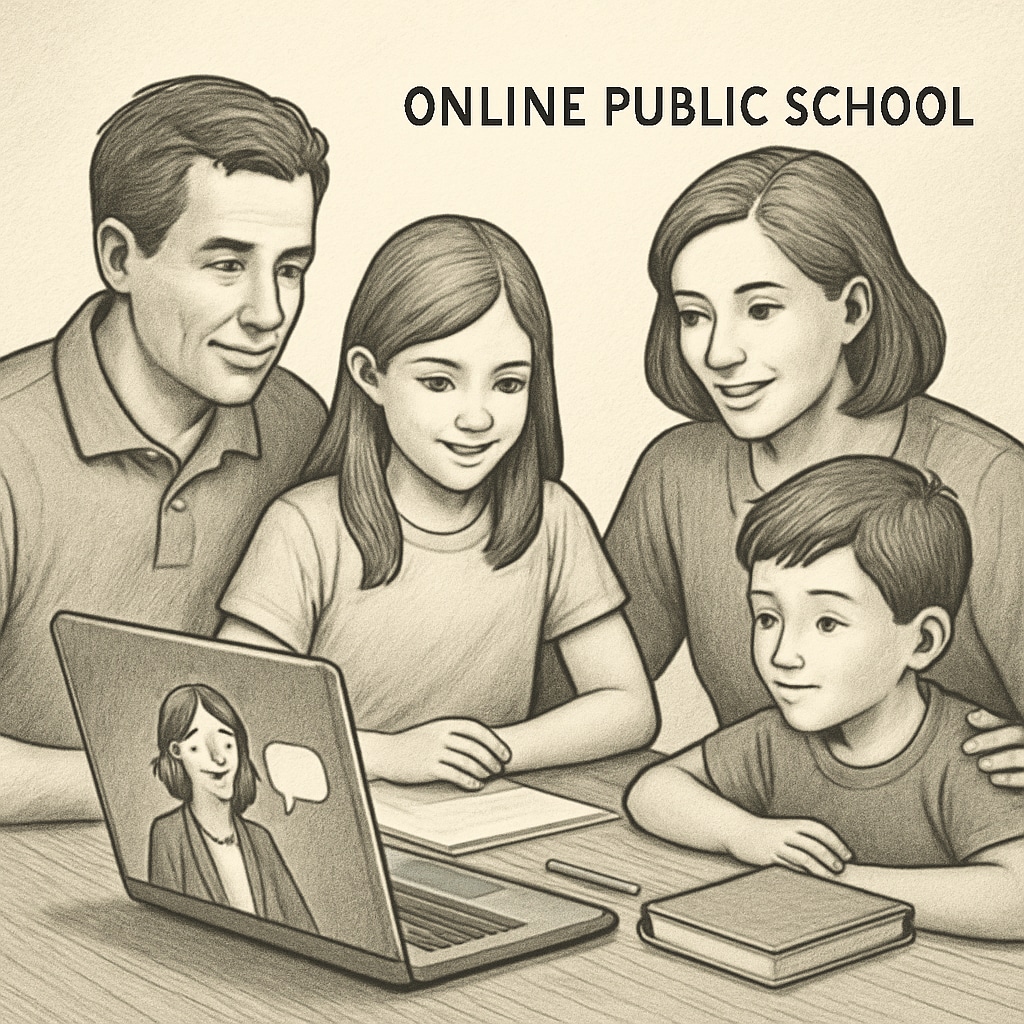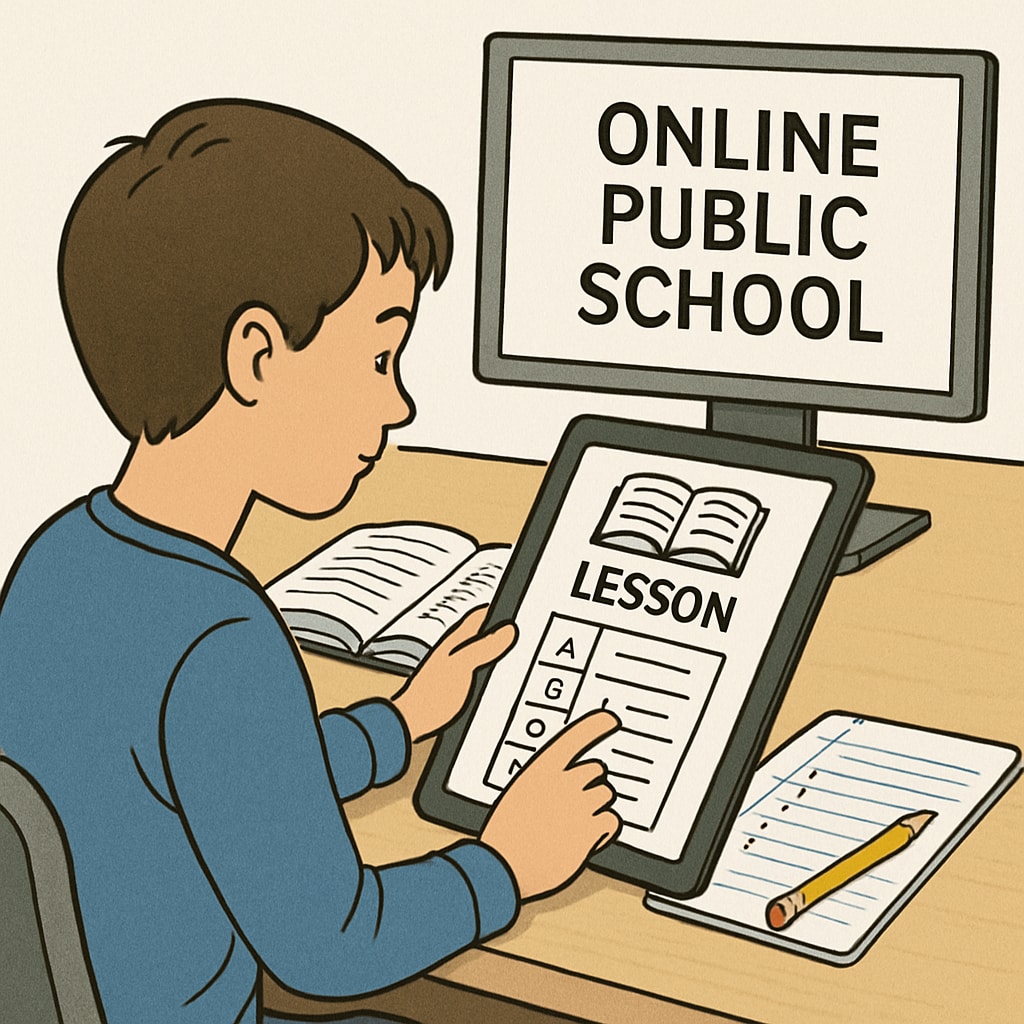As the landscape of education continues to evolve, online public schools have emerged as a viable alternative to traditional brick-and-mortar institutions. Increasingly, parents are exploring this option to meet diverse family and student needs. This article dives into the motivations behind this growing trend, examining factors such as personalized learning, family flexibility, and enhanced access to resources.
Why Online Public Schools Appeal to Modern Families
Parents today are tasked with balancing a myriad of responsibilities, including work, family, and their children’s education. For many, online public schools offer a solution that traditional schools cannot always provide. Key benefits include:
- Flexibility: Online public schools allow families to create schedules that fit their unique needs, making it easier to balance education with extracurricular activities.
- Personalized Learning: Students can often progress at their own pace, receiving tailored instruction that aligns with their strengths and areas for improvement.
- Accessibility: For families in rural or underserved areas, online public schools provide access to certified teachers, advanced coursework, and specialized programs not available locally.
For example, according to Wikipedia’s overview of online schools, these programs are especially valuable for students with unique learning needs or those pursuing elite-level extracurricular activities.

The Role of Technology in Online Public Education
The rise of online public schools would not be possible without significant advancements in educational technology. Platforms now enable real-time communication between teachers and students, interactive lessons, and robust tracking of academic progress. Additionally, many online public schools provide free access to technology tools, such as laptops and Wi-Fi hotspots, to ensure equitable participation.
This tech-driven approach has been particularly effective for students who thrive in virtual environments. According to a report by Britannica on distance learning, online education fosters self-discipline and time management skills, critical for success in today’s digital world.

Addressing Concerns About Online Public Schools
Despite the benefits, some parents hesitate to enroll their children in online public schools due to concerns about socialization, screen time, and accountability. However, many programs are proactively addressing these issues:
- Socialization Opportunities: Online public schools often organize virtual clubs, local meetups, and extracurricular activities to help students connect with peers.
- Balanced Screen Time: Curricula often include offline assignments, encouraging a healthy mix of digital and traditional learning.
- Parental Involvement: Parents play a vital role in monitoring their child’s progress, which fosters a collaborative approach to education.
By tackling these challenges head-on, online public schools are becoming an increasingly attractive option for families seeking a customized educational experience.
Conclusion: The decision to choose an online public school is deeply personal and varies from family to family. However, the growing demand for flexibility, personalized learning, and innovative technology suggests that these institutions will play a significant role in the future of education. For parents weighing their options, understanding the benefits and addressing concerns can help determine whether this model aligns with their child’s unique needs.
Readability guidance: Use short paragraphs and bullet points to highlight key takeaways; ensure transitions like “however” and “as a result” are effectively distributed throughout the article. Maintain a balance between active and passive voice to enhance clarity and engagement.


